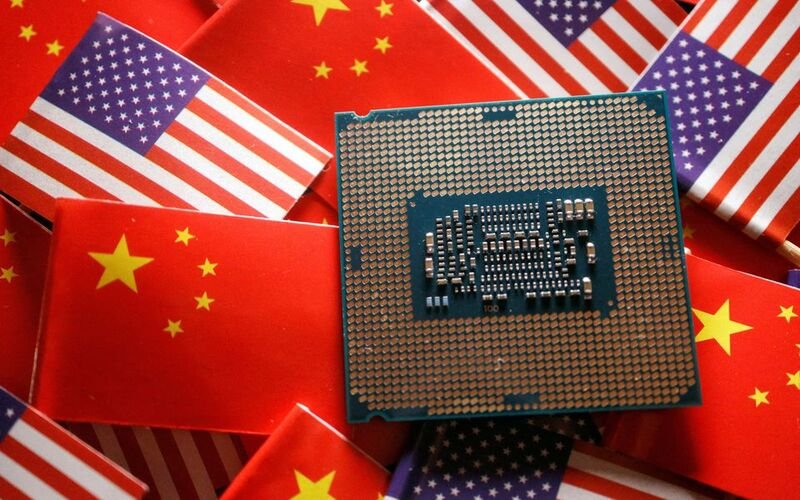According to a plan made public by the government on Monday, China intends to increase its total computing capacity by more than 50% by 2025 as Beijing narrows its focus on advances in supercomputing and artificial intelligence.
The strategy is being implemented amid competition between China and the U.S. in several industries, including semiconductors, supercomputers, and artificial intelligence.
The Ministry of Industry and Information Technology (MIIT), one of six Beijing agencies that issued the plan, has set a target for China’s total computing capacity to reach 300 EFLOPS by 2025. A computer’s speed is measured in FLOPS, or one quintillion floating-point operations per second.
China’s computer power has increased from 180 EFLOPS in 2022 to 197 EFLOPS this year, according to information released by the MIIT in August. The ministry said it placed China second to the United States regarding computer power, but it provided no further details.
Beijing is increasingly emphasizing increasing the availability of computer power since AI training needs a significant quantity of processing.
The top-tier generative AI models in the world “will require tens of EFLOPs of AI supercomputing to maintain training times of several weeks or less,” according to a blog post published by Google last month.
China intends to expand its data centers around the nation to make it easier for enterprises to acquire computer power.
Beijing also plans to upgrade the computing infrastructure in western China to fulfill the demands of the quickly growing AI sector.
China’s vast but sparsely inhabited regions, like southwest Guizhou, have long been entrusted with building massive data centers to fuel the nation’s internet. For instance, Apple (AAPL.O) has established data centers in Guizhou with a local partner to support its consumers there.
Enhancing the computing network’s speed and effectiveness is another priority. According to the proposal, key computer facilities must have transmission speeds that enable latency times greater than five milliseconds.

















































